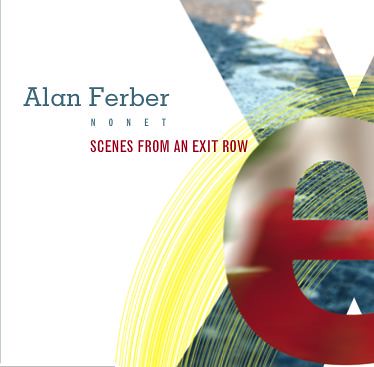I first read about Robert Bachner‘s CD Heart Disc about a year ago, I guess. It caught my attention because he was mentioned as a member of the Vienna Art Orchestra. I wasn’t really familiar with Bachner’s name, but the one VAO disc I had at the time was one of my favorite large ensemble discs. I made a mental note that I should pick up Bachner’s CD. A few months ago, I actually noted my intention to buy the disc on a computer desktop stickie note (along with a reminder about a novel I wanted to buy, and a note to call my insurance adjuster).
Well, last week, while on a CD Baby surf fest, I finally ordered it. I’m glad I did, it is a great CD. The compositions are all by Bachner. He is joined by Christian Maurer on tenor and soprano saxes, Reinhard Micko on piano, Uli Langthaler on bass, and Christian Salfellner on drums. The music is often fiery and aggressive, and it swings. It is well crafted music that seems familiar on the first listen.
Bachner’s trombone playing is marvelous. He expresses himself confidently in every tempo, and we never hear any deficit of chops, yet he doesn’t play anything simply because he can. His range and facility are used to very musical ends. He takes full advantage of the trombone’s more aggressive and raucous capabilities (check out the title track) , lets the beauty and sensitivity flow when needed, like on “For Gary,” and always maintains his spark and urgency. The rest of the quintet matches Bachner’s musicality and spirit.




